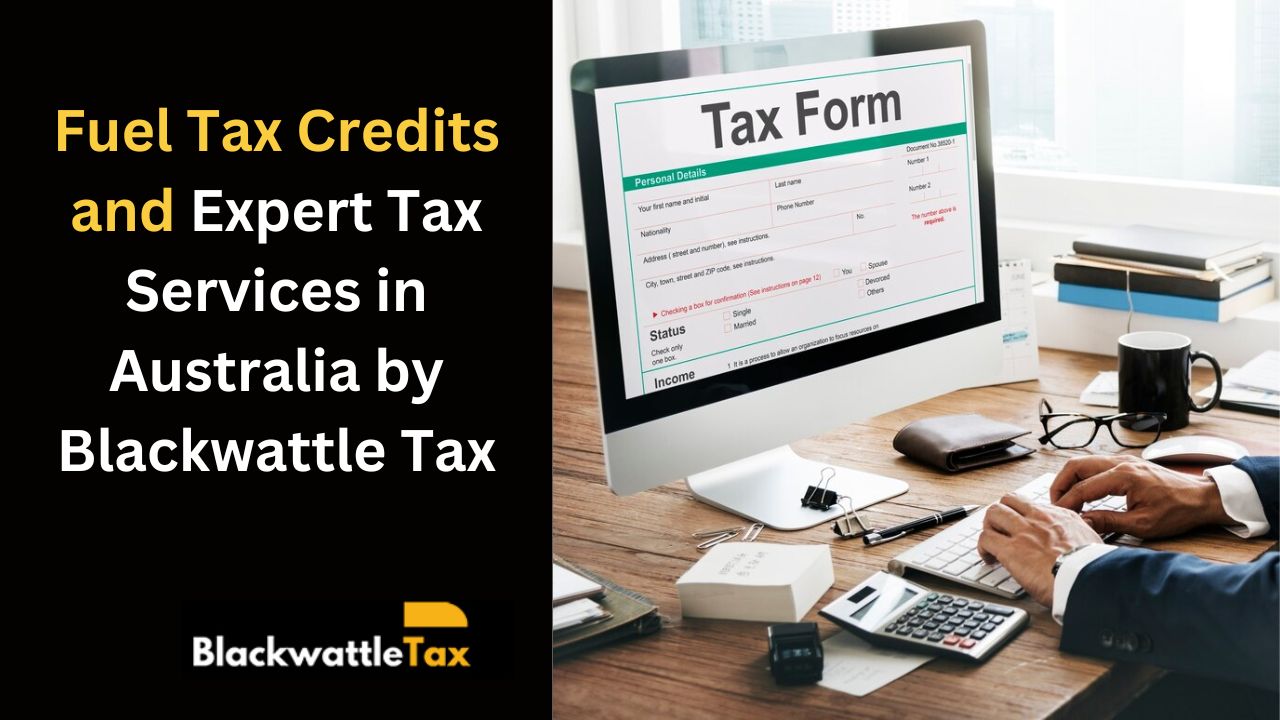Fuel Tax Credit (FTC)
It is necessary to understand that the Fuel Tax Credit requires multiple businesses to pay a particular amount of tax. Businesses seek expert advice on taxes to ensure that they pay fair amounts. However, at times some businesses neglect paying their taxes without understanding their legal implications.
In Australia, fuel tax is collected as a tax on fuel production or imports, and is countered by a system of fuel tax credits for commercial consumers of fuel.
The rebates on the fuel tax are based on the businesses’ eligibility. Before claiming fuel tax credits, use the ATO’s eligibility tool to determine whether you are eligible. Keep in mind that rates for fuel tax credits change on a regular basis. Fuel tax credit rates are indexed twice a year – in February and August – in line with the consumer price index (CPI). The CPI indexation factor for rates from 5 February 2024 is 1.018.
It’s essential to understand the structure of the Fuel Tax Credit and the significant challenges that companies in Australia face in complying with fuel tax regulations.
The Tax Prices Varies
Fuel prices move up and down in patterns in Australia’s largest capital cities. There are certain periods of time in which prices are increased or decreased. This makes the entire process of computing and processing fuel taxes quite complicated.
Australian Government Taxes
Fuel tax credits reimburse businesses for the fuel tax (excise or customs duty) that is included in the price of fuel used in:
- Machinery
- Plant
- Machinery and Heavy Equipment
- Heavy Vehicles
- Private roads or Light Vehicles for off-public roads
The amount of the fuel consumed during a particular activity is a consideration. Fuel tax credit rates usually change on a daily basis, making it necessary to check the current rates each time to better understand your business activities.
Both small and large companies have to have a clear understanding of its fuel consumption to ensure taxes are calculated correctly.
Eventually it would be beneficial for companies to come up with a precise report of their daily consumption and yearly taxes return.
There are two main parts to the fuel tax system. First, fuel tax is collected from the producers or importers of fuel when fuel leaves their depot or terminal (the terminal gate); currently charged at a rate of 46 cents per liter (CPL); and second, a system of fuel tax credits (FTCs), which refund fuel tax to eligible businesses so they are not taxed on fuel used as a business input.
Federal Tax Commission
Fuel taxes have evolved over time, and businesses must stay informed about the current rated and identify the applicable fuel taxes.
Businesses registered with the FTC and GST are eligible for specific discounts. It is crucial to maintain accurate records of fuel purchased and consumed in order to establish total expenses.
Claims for fuels used for numerous purposes, such as transporting products to consumers or for business operations, must be made through the Business Activities Statement (BAS).
The Policy to Claim Fuel Tax
Businesses can claim fuel tax credits (excise or customs duty) included in the price of fuel used for commercial purposes. You may claim credits for taxable fuel that you purchase, manufacture, or import, as long as it is used within your business.
Before collecting fuel tax, individual businesses must ensure that their business activity statement (BAS) includes relevant calculations, such as fuel tax credits.
It is critical to calculate your credits accurately and determine which records must be properly maintained. The amount you claim is determined by factors such as te period in which the fuel was purchased and the type of fuel used, necessitating separate calculations for different fuel tax credit rates.
The correct steps to claim fuel tax credits are outlined by the Australian Taxation Office (ATO):
Fuel Prices Have Increased In Recent Years
Fuel prices have increased in recent years and fuel tax rates are regularly adjusted to reflect these changes. It’s essential for businesses to check the fuel tax credit rates biannually. As of February 2024, the excise duty indexation factor is 1.018.
Fuel tax changes may vary depending on the use of heavy vehicles on public highways. The road user tax for heavy vehicles has been increasing by 6% annually. Specifically it has risen from 28.8 cents per liter for petrol and diesel in 2023-24, to 30.5 cents per liter in 2024-25, and it is projected to reach 32.4 cents per liter in 2025-26. This increase impacts the amount businesses can claim as fuel tax credits, requiring separate calculations based on the fuel types and its usage.
Why hire Blackwattle Tax?
With over 30 years of combined business experience helping businesses navigate the complex tax system in Australia. We’ve been helping our clients achieve the best possible tax outcome with our strategic approach and expertise.
We utilize our expert skills and knowledge to provide best practices to Australia’s fast-growing SME businesses.
Our innovative solutions and genuine care enable to be tax compliant, grow and thrive even in challenging financial climates. We offer top-tier solutions tailored to local complexities, including annual tax payments and expert advice to mitigate potential risk factors affecting your business growth and development.
We have successfully assisted numerous businesses in achieving their long-term goals. As these firms expand, they require regular tax compliance top meet both local expectations and Australian national standards.
Frequently Asked Questions About Fuel Tax Credit
Q- Which types of tax services does Black Wattle Tax provide?
Blackwattle Tax provides a comprehensive range of tax services, including tax compliance and filing returns, tax consulting, and record keeping.
Q- Does Blackwattle Tax help me comply with Australian tax laws?
Undoubtedly, Blackwattle Tax has a group team of specialists, such as Chartered Accountants, who have extensive knowledge of Australian tax and legislation. It might help them understand tax legislation.













